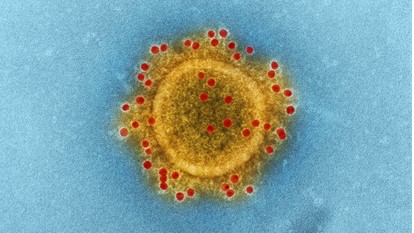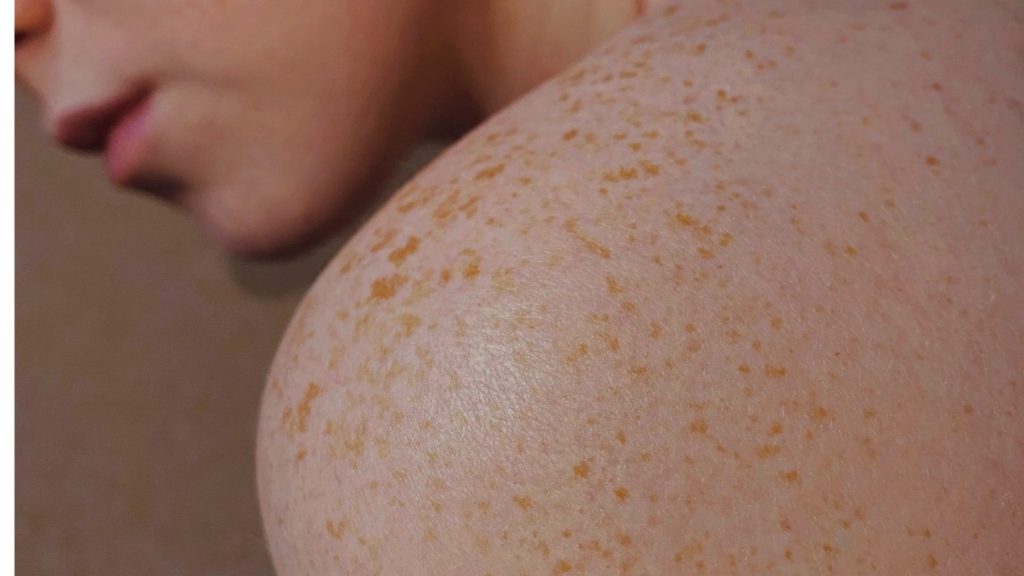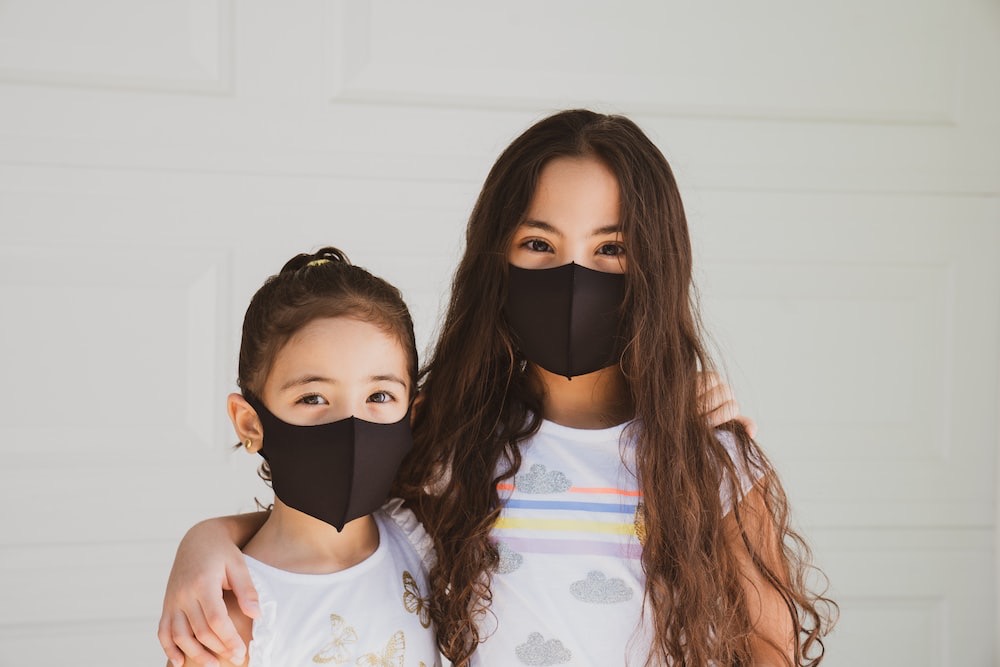Experts at Cardiff University Medical School believe that the increased in Strep A infection is likely to be linked to reduced immunity in the population caused by Covid-19.

Experts at Cardiff University Medical School remind that the increase in Strep A infections may be linked to reduced immunity in the population caused by Covid.
Group A streptococcus (GAS) bacteria (also known as Streptococcus pyogenes) is a highly infectious bacteria that can be caught through direct contact with an infected person or through the air via droplets from coughs or sneezes.
“It is very possible that the increase in Strep A infections is due to reduced background immunity in the general population which has come about from the reduced contact between people in the last few years as a consequence of COVID-19,” said professor Ian Humphreys, a senior research fellow at Cardiff University Medical School.
But the infection rate of strep A also has its own cycle. “The COVID-related quarantines probably have reduced the overall average of childhood immunity, and co-infection with COVID can make the Group A Strep infection worse, so the recent peak is probably influenced by both -but it does have a ‘peak’ year that is worse than those before and after,” said Dr. Brad Spiller, the Head of Medical Microbiology for the Division of Infection & Immunity of the University Hospital of Wales.
“It has the same sort of cycle that we used to see with other infections (measles, mumps, whooping cough, etc.) The weakened childhood immunity from the last infection along with circulation of different types results in “peak” infection years every 4 years,” said Dr. Brad Spiller.

There are many different symptoms of a Strep A infection. There can be no symptoms, or a sore throat that comes and goes and it can develop into tonsillitis or ‘quinsy’. If the child has a cold/flu it can be contracted during that time and lead to ‘post-viral bacterial pneumonia’. And ‘scarlet fever’ and less common but very serious skin infection (necrotizing fasciitis).
Data from the UK Health Security Agency (UKHSA) shows 15 children under 15 have died of strep A in the UK since September. A six-year-old Welsh primary school pupil has died after contracting Strep A, according to a statement released by Public Health Wales.
Public Health Wales reminds parents that cases of invasive group A streptococcal infection are still rare in Wales and that children are at very low risk of contracting the disease.

Good hand hygiene and avoiding of the spread of respiratory secretions can reduce the risk of infection. “It is mostly spread by breathing in droplets so just like COVID a mask is the best defense,” said Professor Ian.
Dr. Brad advises parents to keep an eye on their children and to seek medical assistance as soon as possible if they feel ill. “Parents know when their children are unwell and what is typical for them – if they have an infection they are usually the first to pick it up. They should rely on their usual instincts and if the child has any of the above symptoms contact the GP straight away.”
